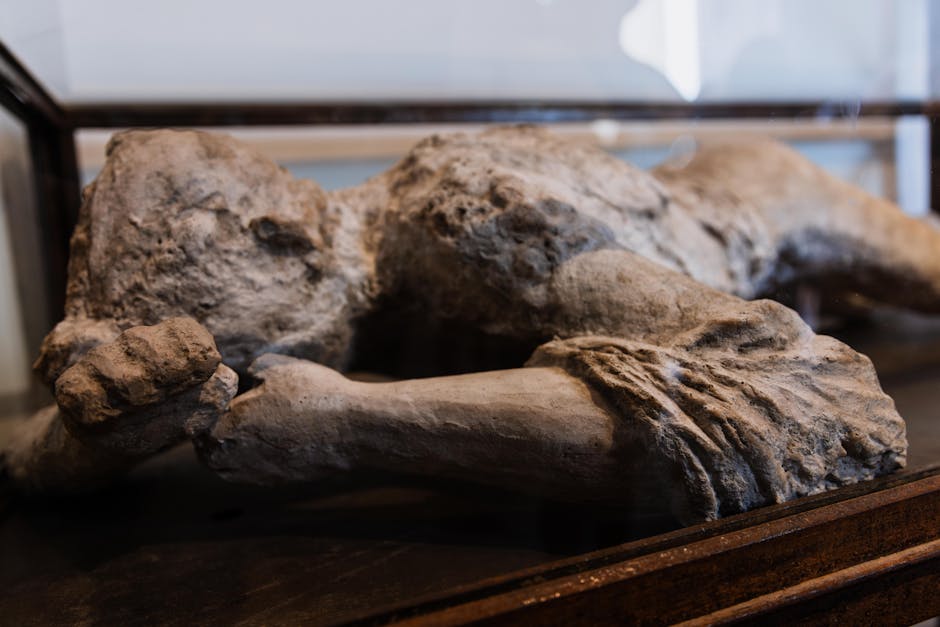History, often relegated to dusty textbooks and museum displays, continues to hold profound significance in our contemporary world. This article will explore the enduring relevance of historical study, demonstrating how the investigation of past events, figures, and societies provides critical perspectives for navigating the challenges and opportunities of the present. Archaeology, the study of human history through material remains, complements this perspective by offering a visceral and tangible connection to the past.
A frequent concern voiced about studying history is its perceived irrelevance to the immediacy of daily life. However, a deeper examination reveals that history underpins many aspects of our present circumstances. Our understanding of political systems, economic structures, and social norms is inextricably linked to historical precedents. Analyzing past conflicts and reconciliations, for example, can equip us with strategies for conflict resolution in the modern world. Analyzing previous economic crises offers valuable insights for developing more resilient financial policies.
A pivotal reason for the relevance of history is its ability to illuminate the nature of human behaviour. By studying past societies, we gain a broader understanding of how human groups function, interact, and evolve. For instance, studying the development of ancient civilizations allows us to see patterns in the rise and fall of empires, the emergence of social hierarchies, and the complexities of governance. Such insights are surprisingly useful in contemporary discussions about political systems, societal structures, and global power dynamics.
The study of history, particularly via historical events and figures, provides valuable frameworks for understanding ethical dilemmas. The actions and choices of historical individuals, from leaders to ordinary citizens, often reveal moral complexities and dilemmas that resonate with our modern problems. Examine the French Revolution, for instance. The ideals of liberty and equality, initially embraced, led to terror and violence. This study highlights the cautionary tale of unfettered idealism and underscores the necessity for critical thinking and a nuanced understanding of ethical implications. Likewise, exploring the rise of totalitarian regimes can offer important lessons about the dangers of unchecked power.
Archaeology, through its meticulous excavation and analysis of material culture, adds a tangible dimension to historical understanding. Discoveries in ancient Mesopotamia, for instance, bring to life the everyday lives of people in that period. Studying pottery shards, tools, and settlements illuminates the economic systems, social structures, and cultural practices of a society, providing a deeper understanding of their lives than mere written records could ever offer. The very physical presence of these relics, found in their archaeological context, often adds a visceral connection to the past. Artifacts, such as the ancient Egyptian mummies, or the Roman mosaics, offer a gateway to understanding cultural practices and belief systems, illuminating historical nuances and often contradicting established historical narratives.
Another crucial facet of historical relevance is its capacity to foster empathy and understanding between different cultures and societies. By studying past interactions, conflicts, and collaborations, we develop a deeper comprehension of the perspectives and experiences of diverse peoples. This fosters a more tolerant and inclusive worldview, essential in our increasingly interconnected world. Examine, for example, the experiences of minority groups throughout history. Understanding the struggles and triumphs of past marginalized groups can deepen our appreciation for diversity and help create more equitable societies today. Comparative studies of different civilizations help us see the diversity of human experience and the common threads that bind us together.
A critical element in appreciating the relevance of history is its ability to illuminate the ongoing cycle of societal change. Studying the past reveals patterns in social, political, and economic movements, allowing us to foresee potential trends and challenges in the future. For instance, the historical analysis of the consequences of industrialization provides crucial insights into the environmental and social impacts of technological advancement. Analyzing past economic bubbles and recessions offers valuable preventative measures against similar trends in our own time.
Finally, the study of history is also vital for developing critical thinking skills. Examining different interpretations of past events, the biases embedded within historical narratives, and the complexities of cause and effect compels students to engage in rigorous analysis. Evaluating sources, weighing evidence, and forming informed judgments are skills honed by studying history, skills crucial in a world inundated with information.
In conclusion, the study of history and archaeology is not a relic of the past; rather, it is a powerful tool for understanding the present and navigating the future. The investigation of past events, societies, and material culture offers invaluable lessons on human behaviour, ethics, and societal change. It fosters empathy, critical thinking, and the ability to foresee potential challenges, thereby equipping us with the knowledge to craft a better future. The enduring relevance of history, therefore, lies not in its historical context alone, but in its application to the ongoing drama of human existence.
